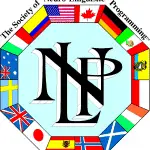NLP Submodalities
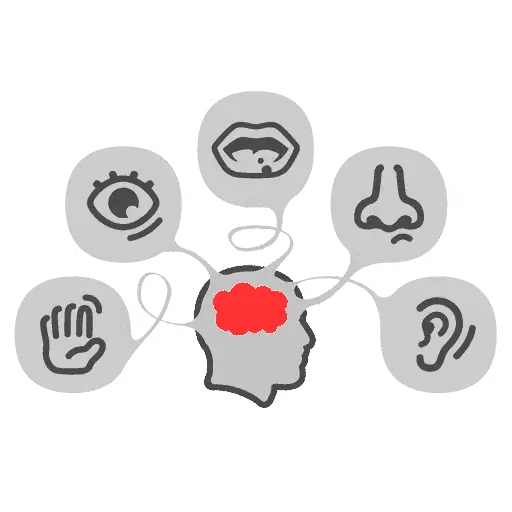
In NLP Submodalities, the special sensory qualities perceived by each of the five senses. For example:
Visual submodalities include color, shape, movement, brightness, depth etc.,
Auditory sub-modalities include volume, pitch, tempo, etc.,
Kinesthetic sub-modalities include pressure, temperature, texture, location, etc.
Natthapatch Danbenchaphan

Ms. Natthapatch Danbenchaphan (k. Oui) Managing Director Licensed Master Trainer of Neuro-Linguistic Programming Trainer Educational Background Master Degree International Management- University of Exeter, United Kingdom Bachelor Degree Sociology & Anthropology- Thammasat University, Thailand Natthapatch is Senior Consultant for Organizational Development and HRD, based in Thailand serving Southeast Asia. Throughout her professional career, regardless of its industry […]
Niels Ammerlaan

Mr. Niels Ammerlaan (k. New) Managing Partner Licensed Master Trainer of Neuro-Linguistic Programming Coach Trainer Educational Background Niels Ammerlaan has a non-traditional educational background, which includes pursuing alternative paths to learning and professional development. Early in his career, he had the opportunity to contribute to a prominent technology company where he collaborated with experienced professionals […]
Wirawat Yanvudhi

Mr. Wirawat Yanvudhi (k. Joe) Licensed Practitioner of Neuro-Linguistic Programming Trainer Team Builder Entrepreneur Educational Background of Wirawat Master of Business Administration In Entrepreneurship The Far Eastern University, Chiang Mai Bachelor of Arts (English) Payap University Graphics Design Program White Cliff College of Art and Design, NZ Academic Related Activities Wirawat Yanvudhi has an […]
Kanittha Wattanawaitoonchai

Mrs. Kanittha Wattanawaitoonchai (k. Ginger) Licensed Trainer of Neuro-Linguistic Programming Professional HRD/OD Consultant Trainer Educational Background Mini Master in HR Management, Chulalongkorn University Master Degree Mass Communication Administration, Thammasat University Bachelor Degree Psychology, Kasetsart University Work Experience of Kanittha Wattanawaitoonchai OD & HRD Consultant for Thai beverage PLC, Bangchak Corporation, TAT, Bangkok Bank, Government […]
Public Speaking Tips
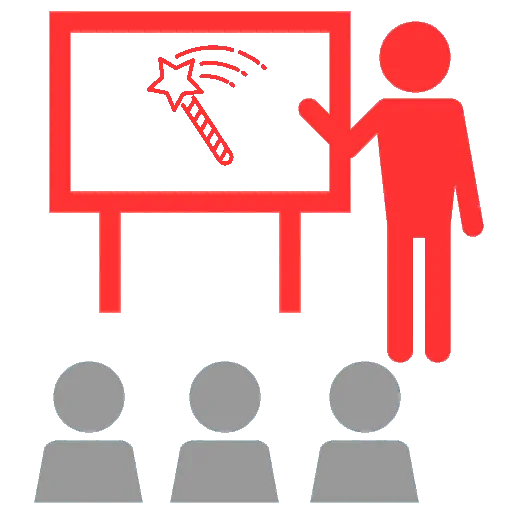
You might be quite often in position to speak to different audiences. As a leader you intend to influence them so they take action that will result at some point in meeting the strategic intents of your enterprise. I thought to share with you some proven strategies that I myself learnt from others (great further resource: Owen Fitzpatrick). They will help you to take your rhetorical competence to the next level so that you will persuade even more people. They are used regularly by Barack Obama, one of the best speakers today…
The Power of Influence and Seduction
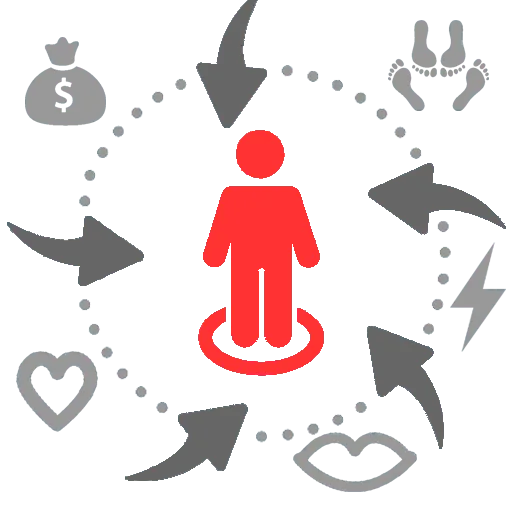
In our coaching practice we receive a lot of questions about the power of influence and seduction. Well, let me be clear about that, the power of influence and seduction is never to be about to underestimate. From birth on we start to flirt around the world and influence by yelling and screaming when we need food, drink or other things. At that very moment we are not aware how we do it, but we manage to do it. We do know precisely how to tune in to mom and dad to get the things done at the frequency they act the fastest. At a sudden, as a grown up, we start to think all kinds of things with the goal we want to achieve. Troubling the outcome big-time. This article is about the twofold, influencing and seducing from the power within.
NLP Phonological Ambiguity
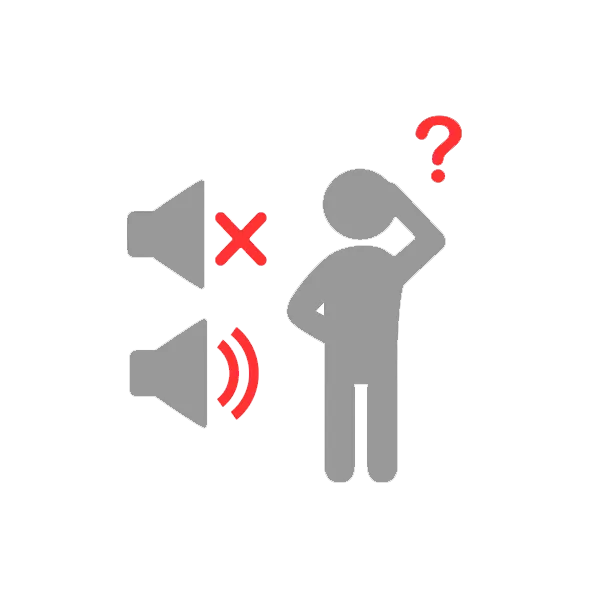
In NLP Phonological Ambiguity is best described as words that sound the same but have a different meaning. Utilising Phonological Ambiguities forces the brain to think for a moment. It needs to interpret the context of the sentence and place the ambiguity of the Phonological Ambiguity in the right context. As a result the sender of the message made the receiver of it think for a second or so. Take the following example sentence: “I watch you which maybe is a good thing.”. Several things happen in this sentence. Let’s do a little bit of dissecting this sentence. I can be Eye. Watch can be looking or relate to a clock. Which can relate to a Choice or a Female Wizard.
NLP Punctuation Ambiguity

In NLP Punctuation Ambiguity or Siamese Sentences is part of the Milton Model. Punctuation Ambiguity is a bit harder to detect than the previous sets in the Indirect Elicitation Patterns. Punctuation ambiguity is identified as where you use a sequence of words which is the result of an overlap of two well-formed Surface Structures sentences sharing a word or phrase. In other words, take two sentences, one that ends with the same word as the second sentence begins. For example sentence one: “I want you to notice your hand” and sentence two: “Hand me the glass”. Now comes the trick. Make sentence one and two as one sentence and remove the “Hand” from the second sentence. You will get “I want you to notice your hand me the glass”. Simple right?!
Responsible use of the Meta Model

Responsible use of the Meta Model is one of the foundations we learn people in our Trainings. As NLP as a technology constantly develops and evolves, we constantly update our knowledge by training at least once a year directly with the Society of NLP. It is critical to know the difference between asking questions to clarify your own understanding of someone else’s model, and asking questions to challenge their model. Even if I do, I always want to know when I have moved from one to another. Even if the line seems very gray, you can tell when you have made this shift. One mode is purely about gathering information and your subject will sense this. The other mode is about expanding and challenging their model of the world and this can be confrontational.


